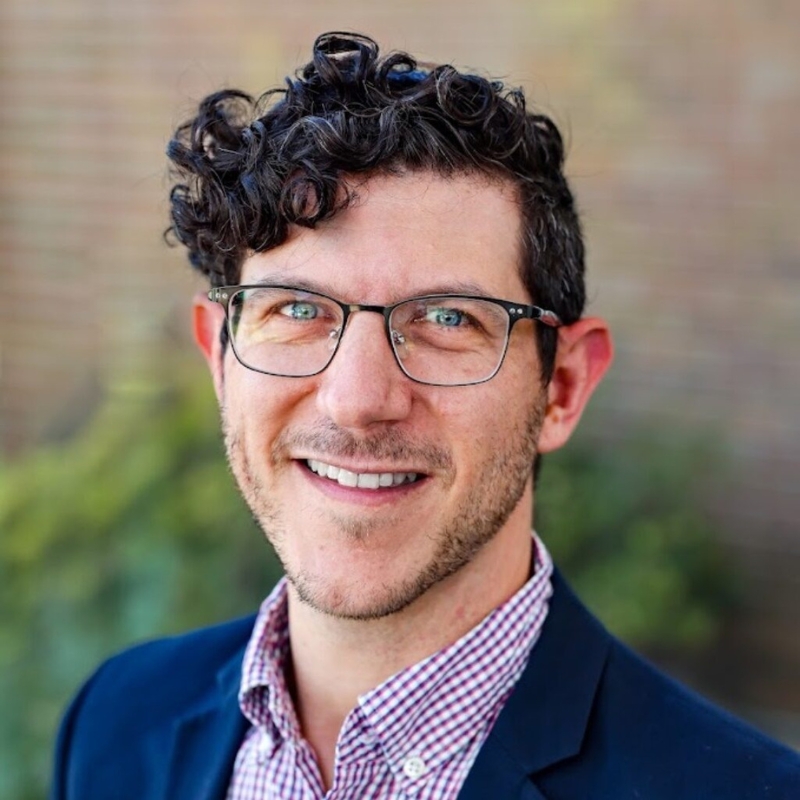In the 1944 thriller “Gaslight,” a scheming husband drives his unsuspecting wife to lose her grip with reality. Among his deceptions, he causes their apartment’s gas lighting to mysteriously flicker, leading her to think she’s hallucinating. While the term “gaslighting” did not become immediately popular, over the last few decades it has become almost ubiquitous. Today, gaslighting is used to describe any kind of psychological manipulation in which someone presents a false narrative as the truth. Gaslighting is pernicious enough when practiced within a family unit.* But what happens when our public leaders — the people in whom we’ve invested the most trust — start gaslighting us?
In Parshat Ekev, Moses recounts the story of the two sets of stone tablets he received from God. In his retelling, we are reminded of why that second set was necessary — the incident of the chet’ ha-eigel (the sin of the calf), Israel’s paradigmatic foray into idolatry.
The story originally appears in Exodus. This week, in Deuteronomy, we can see many differences between the two accounts: the name of the mountain Moses ascended, the way Moses destroyed the idol, and how much of the law was actually revealed at that moment. Perhaps the most striking discrepancy is the role Aaron — one of the people’s trusted leaders — plays in the episode.
Find more commentaries on Ekev.
In the first telling of this story, Moses holds Aaron at least partly accountable. He demands of his brother: “What did this people do to you that you have brought such great sin upon them?” (Exodus 32:21) This accusation accords with what we read in that chapter: It was Aaron who facilitated — albeit unwillingly — the creation of the calf. It was Aaron who proclaimed it the god of Israel. It was Aaron who built the altar before it and announced a festival in its honor.
But in his description in this week’s portion, on the banks of the Jordan River, Moses shifts the blame from Aaron to the people. The calf, in this retelling, was a sin committed primarily by the community. (Deuteronomy 9:16) Moses protects his ally (and, by extension, himself). Throughout Deuteronomy, Moses retells events in a misleading way. Take for another example Deuteronomy 1:37, when Moses asserts that it was due to the people’s sins that he is barred from entering the land, omitting the fact that God levied that punishment on Moses for his own sin of striking the rock. (Numbers 20:12)
On the face of it, these inconsistencies could be innocent; we never tell the same story the same way twice. It is also possible that Moses is simply “recalling past events as he wished they had happened” (Etz Hayim: Torah and Commentary, 1045). Or, as the medieval commentator Ramban claims, Moses wishes to convey that everyone in a society is responsible for the sins of a few (see Ramban on Deuteronomy 1:37). To me, these are overly generous readings. Taken together, we perceive an agenda: Repeatedly, Moses retells stories to make himself look more powerful, more compassionate, or more aligned with God than the people he leads.
Find more commentaries on Democracy.
I find it hard to confront these instances without thinking of the world we live in today: a world in which leaders routinely shift blame and present “alternative facts” as reality. By falsifying accounts for his own benefit, by contradicting events that people (or their families) experienced, Moses presages today’s gaslighters around the globe.
Gaslighting thwarts justice and subverts the rights of those experiencing harm. Our colleague Rabbi Danya Ruttenberg illustrates this tendency by highlighting the knee-jerk truth-blurring response we see when someone is accused of having said or done something offensive. “Inner state and outer action become the same thing — if a person meant well, there could not possibly have been any harm,” Ruttenberg writes (On Repentance and Repair, 8). This form of gaslighting committed by public figures is “a manipulative way of denying reality” which subverts the needs of victims and maintains an unjust status quo (Ruttenberg, 9). Jews have suffered the effects of gaslighting for generations in forms too numerous to count. Of course, we are not alone in this experience, nor are we immune from perpetrating it on others.
The world becomes more dangerous when leaders cannot be trusted and incontrovertible facts are subject to manipulation — when “truthiness” overtakes truth, as Steven Colbert put it. Our responsibility, both as leaders and as citizens who elect them, is to value accountability and call out gaslighting for what it is. Our democracy, and our very grip on reality, depends on it.
*If you or someone you love is experiencing gaslighting, contact SHALVA or another support organization.
Rabbi David Shmidt Chapman (he/him) is a rabbi at Congregation Beth Shalom in Northbrook, IL. He was ordained by JTS in 2022 where he studied as a Wexner Graduate Fellow. Prior to rabbinical school, David worked for the New Israel Fund. He currently serves on the Conservative/Masorti Social Justice Commission. He and his husband Jonathan are the parents of two children.

